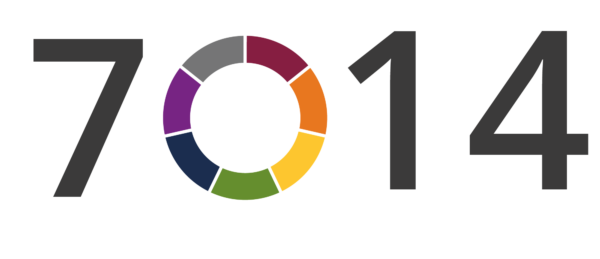More about IEEE 7014
Background to 7014
About standards
Standards define recommended or mandatory practices for products, systems and organizations, addressing issues such as safety, quality or efficiency. They are produced by standards development organizations (SDOs) at international, continental, national, sectoral and group/organizational levels. Standards are typically created by communities of interested parties, rather than by official, dedicated entities. While conformance to standards is typically voluntary at first, mature standards can go on to inform law or become requirements for entry to groups, markets, etc.
More at What are Standards? Why are They Important? from IEEE.
Ethical AI standards
Over the years, various new forms of standard have emerged, such as technical (e.g. how things should be built), process (e.g. how things should be done), and safety (e.g. how to avoid harm). Ethical standards have been developed for areas such as medicine and business.
Now, with the increasing power and popularity of intelligent machine systems – in other words, artificial intelligence (AI) – a new ecosystem of ethical standards is being created to address AI-related issues such as fairness, transparency and agency. The IEEE took a prominent lead in this movement by launching its Global Initiative on Ethics of Autonomous and Intelligent Systems, which includes the IEEE 7000 series of standards.
Meet the IEEE 7000 series
Each member of the IEEE 7000 series of standards addresses a different aspect of the ethics of autonomous and intelligent systems (A/IS). These include a Standard Model Process for Addressing Ethical Concerns during System Design (IEEE 7000) as well as issues of transparency (IEEE 7001), privacy (IEEE 7002), bias (IEEE 7003) and well-being (IEEE 7010).
For the full list, visit the Global Initiative on Ethics of Autonomous and Intelligent Systems.
Meet IEEE 7014
IEEE 7014 Standard for Ethical considerations in Emulated Empathy in Autonomous and Intelligent Systems specifically deals with Empathic AI. That is, systems that pertain to identify, quantify, respond to, simulate, or attempt to influence, affective states, such as emotions and cognitive states. This covers “affective computing”, “emotion AI”, “emotion recognition”, etc.
IEEE 7014's creators
IEEE 7014 was written by a global working group averaging around 30 contributors with a broad range of backgrounds, mainly from academia (computing, psychology/sociology, philosophy), industry (software engineering, security, business/tech consulting), policymakers/lawyers, and a few from civil society organisations. Members came from across the globe, although much more so from Europe and N. America than elsewhere. A mature draft was then reviewed by a balloting group of 51 IEEE members from a balanced range of backgrounds.
At time of completion, the IEEE P7014 working group’s officers were:
- Ben Bland, Chair (connect with Ben)
- Sumiko Shimo, Vice Chair (connect with Sumiko)
- Karen Bennet, Secretary (connect with Karen)
History & status of the standard
The IEEE P7014 working group was founded in July 2019. The group met at least once a month (typically weekly) for the following five years, deliberating over the content of the standard, before finally submitting at mature draft to ballot in late 2023. The final version was approved the following May, and published on 28 June 2024.
Members of the working group, and their associated network, continue to collaborate on developing future versions of IEEE 7014, promoting outreach, adoption and awareness, and other related projects.

About the 7014 logo
This logo was created by members of the IEEE P7014 working group. The colored circle represents the diverse, balanced and fair collaboration by standards development working groups. We decided to leave one color gray to symbolize the “gray areas” of ethics, and to give a “seat at the table” to the machines.
Similarity of the colored circle to other designs, particularly the UN Sustainable Development Goals, is no more than a nice coincidence.
